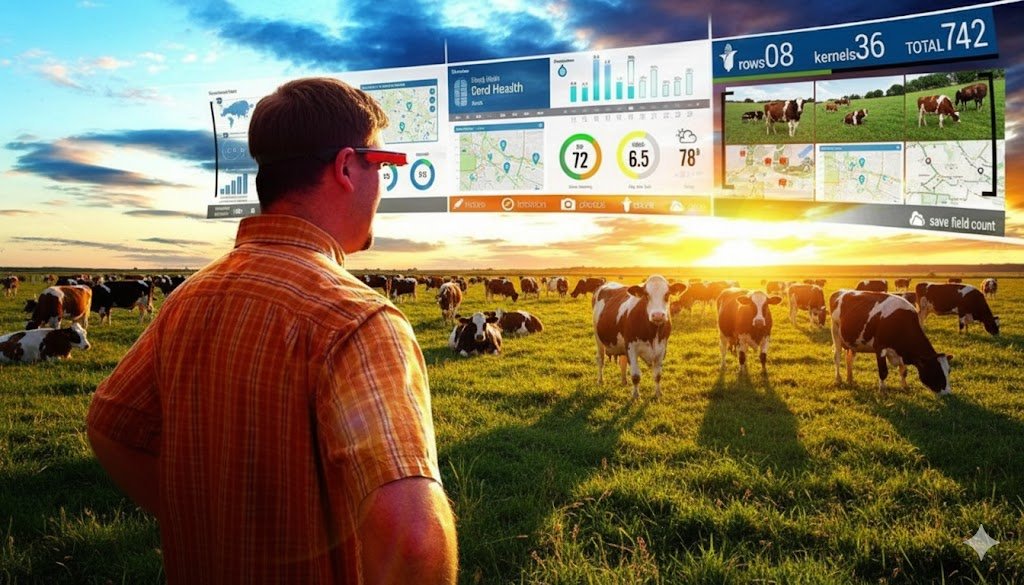Tesco has launched a major initiative aimed at strengthening farm-level resilience and national food security, alongside a call for government and industry to unite behind a consistent national framework for farm-data reporting.
The retailer is investing £1.5 million in an expanded “Sustainable Farming” data-baselining programme that will support around 360 British beef and lamb farmers in capturing soil, water and nature metrics over the next 12 months. Delivered in partnership with Soil Association Exchange (SAX), the programme will provide baseline measurements and tailored advice to help farmers boost environmental performance, improve efficiency and build long-term resilience.
This follows a previous scheme announced in August, which provided over £800,000 to support dairy farmers in establishing detailed soil and water health baselines.
Farmers call for clarity and consistency
Tesco’s research among hundreds of UK farmers highlights the need for a more unified national approach to data and environmental reporting. Key findings show:
- 91% of farmers believe the government should do more to support farm resilience.
- 68% want to make their farms more environmentally friendly, yet 96% say inconsistent environmental standards and reporting requirements hinder progress.
- 73% say they struggle to access innovation that would improve efficiency, resilience and sustainability.
- 64% cite soil health as a major concern for productivity and food-growing capacity.
Tesco argues that the current patchwork of data collection methods makes it difficult for farmers to benchmark progress and for the wider industry to measure change at scale.
Tesco UK CEO Ashwin Prasad explained: “Our new programme will give farmers the data and tools to build resilience … It’s vital farmers are provided with a clear and consistent reporting framework to reduce the burden they face and make it easier for the whole industry to measure and scale progress. This is fundamental to creating a stronger future for UK agriculture and protecting the country’s ability to reliably grow high-quality, home-grown food, now and for the future.”
A pivotal moment for agritech
For the agritech sector, Tesco’s move underscores the increasing importance of environmental-data infrastructure. As farms face pressure to demonstrate soil health, water stewardship and biodiversity gains, the ability to gather and standardise data is becoming as critical as adopting new machinery or inputs.
A unified national framework could open opportunities for:
- Technology providers specialising in soil, water and nature monitoring.
- Supply-chain partners seeking to integrate consistent farm-level data into sourcing decisions.
- Policymakers looking to underpin future incentive schemes with reliable, comparable metrics.
Dame Minette Batters, former NFU President, noted that farmers cannot tackle sustainability and resilience challenges alone, stressing the value of a consistent national baselining framework to support fair measurement and unlock new opportunities.
SAX CEO Joseph Gridley described the partnership as “an exciting opportunity” to demonstrate how consistent data, expert advice and targeted funding can drive meaningful change on farms.
Strengthening the UK’s food-security backbone
Tesco’s investment signals a clear shift: strengthening national food security now requires a stronger, coordinated approach to on-farm data. As climate pressures, input volatility and market challenges grow, the ability to measure and benchmark environmental performance may become a defining factor in the competitiveness of UK agriculture.
For agritech innovators, policymakers and retailers alike, this represents a strategic pivot point—where robust data, shared standards and on-farm visibility will shape the next generation of sustainable, resilient food production.


